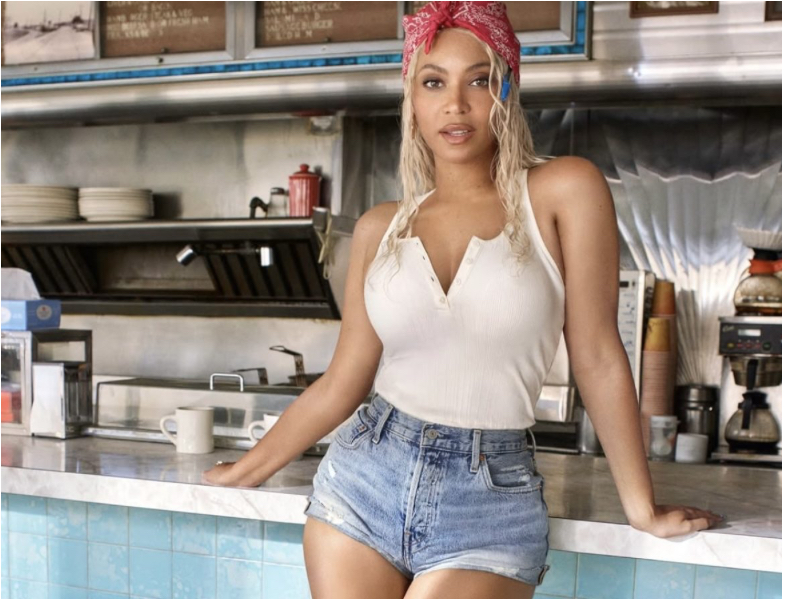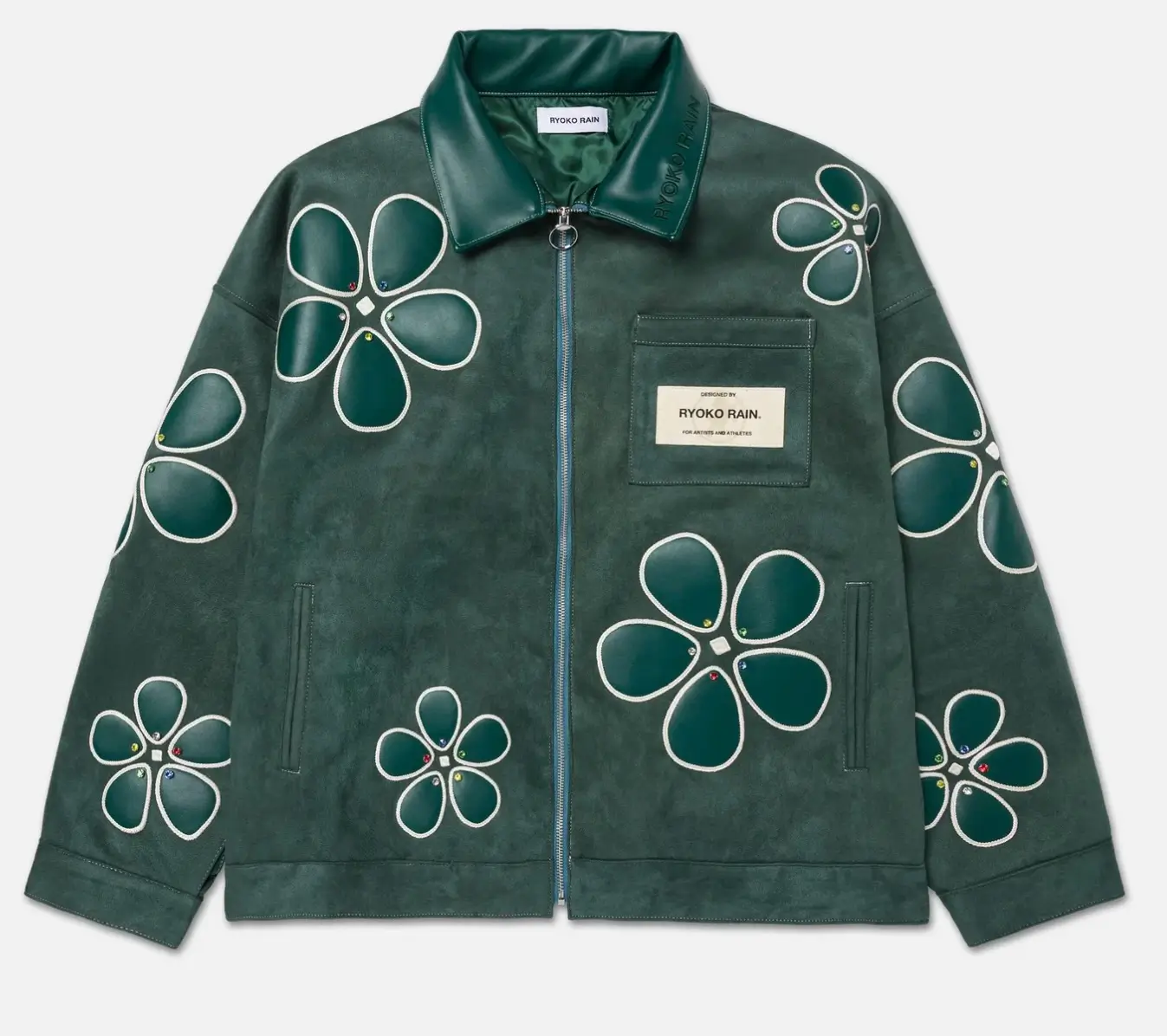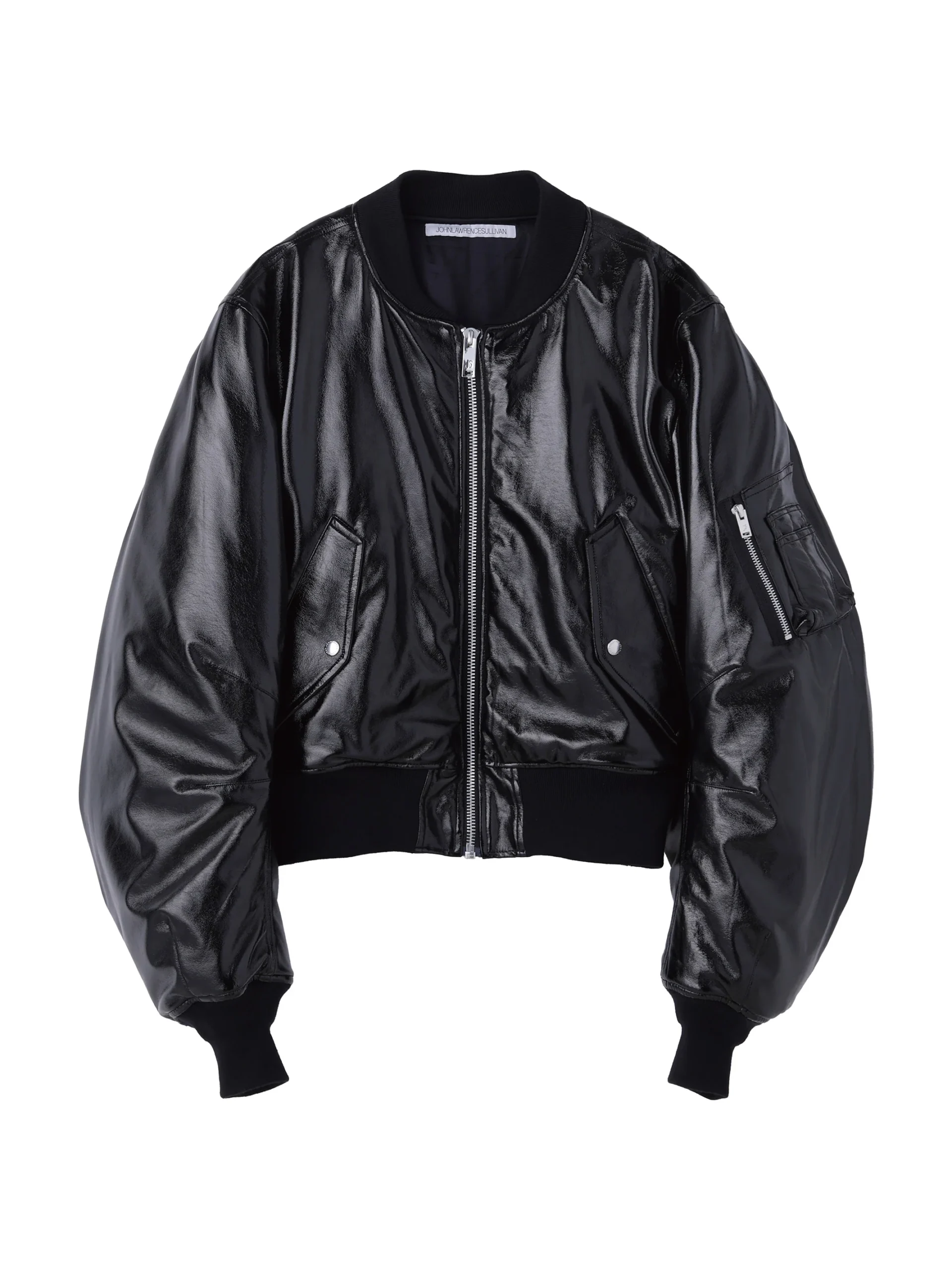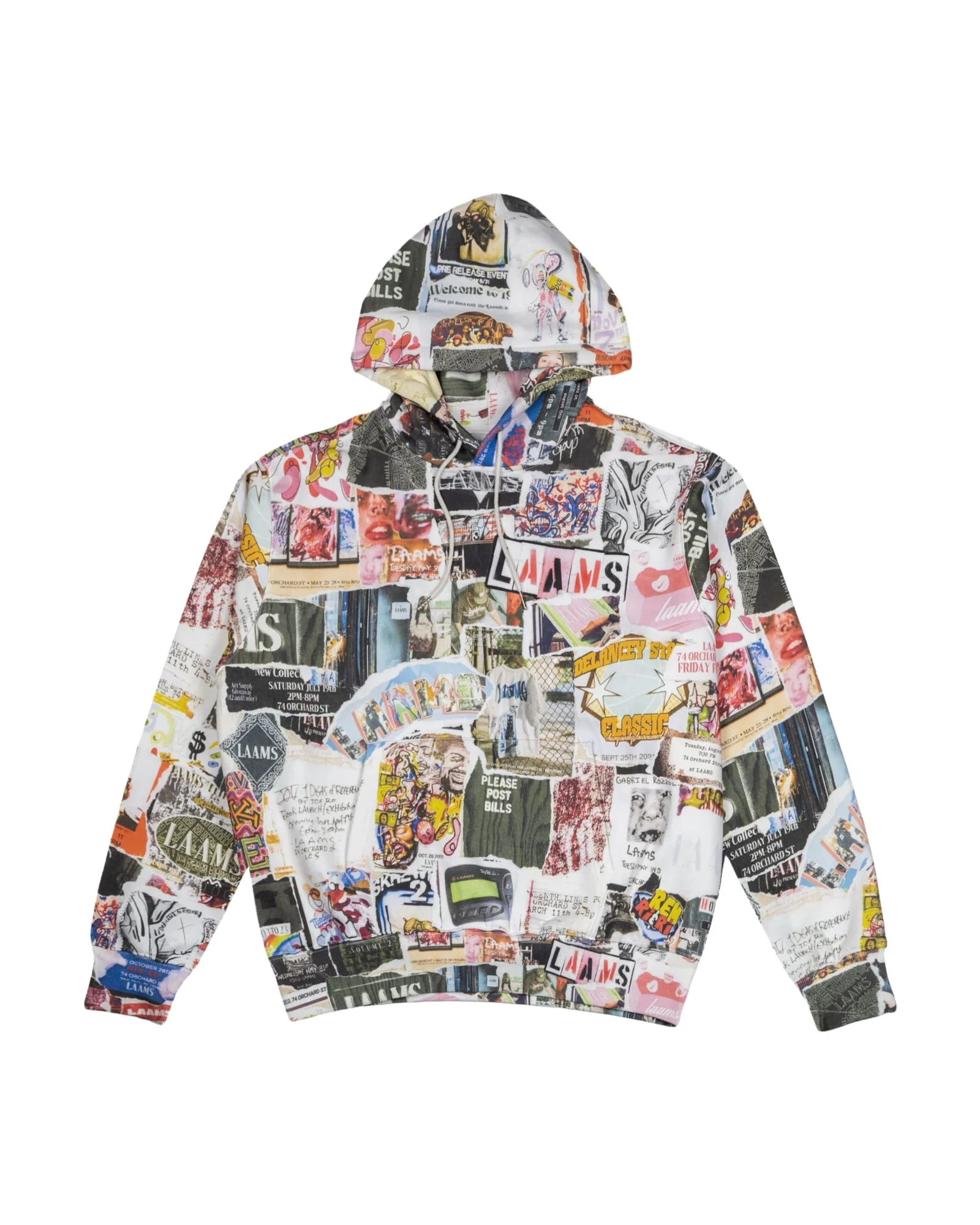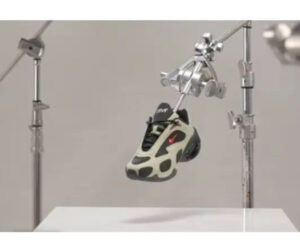From the spark of an idea to a full-blown cultural force, Levi’s and Beyoncé’s Reiimagine campaign has grown into one of fashion’s most talked-about trilogies. Chapter 3, titled Refrigerator, lands with the same confident swagger we’ve come to expect—but this time, it’s a little sweatier, a little grittier, and a lot more intimate.
Set in a hazy, sun-bleached roadside diner somewhere in the California desert, Refrigerator closes out the trilogy with heat—literal and metaphorical. The setting evokes summer jobs, jukebox memories, and the smell of griddle grease and nostalgia. But it’s not just about aesthetics. It’s about the collision of American iconography, personal memory, and cultural evolution. And that’s the whole point of Reiimagine—a connective remix of Levi’s heritage through Beyoncé’s lens.
Let’s rewind for a second.
CHAPTER 1:
Launderette
(2023)
It all started with a washing machine.
In the debut chapter of Reiimagine, Beyoncé tackled Levi’s most iconic advertisement—the 1985 Launderette commercial, in which a young man strips down to his boxers in a laundromat and tosses his 501 jeans into the wash, leaving onlookers stunned.
Beyoncé’s version flipped the script. Same laundromat, same jeans, but this time, the protagonist was a woman—played by Beyoncé herself. She walks in, not to strip, but to reclaim. She washes the jeans not because they’re dirty, but because they’ve been through it—muddy marches, dance floors, heartbreak, protest. The message? These jeans are alive, and so is the history stitched into them.
The ad wasn’t just a gender inversion. It was a cultural commentary. A symbol of ownership. A move away from objectification, toward power and presence. Critics called it “brilliantly subversive.” Social media called it “Beyoncé being Beyoncé.” Levi’s called it “record-breaking.”
CHAPTER 2:
Pool Hall
(2024)
If Launderette reimagined fashion’s past, Pool Hall focused on its sound.
Set in a smoky juke joint somewhere in the South, Pool Hall brought together denim and music in an homage to Black Americana—Bessie Smith, Sister Rosetta Tharpe, Memphis Minnie. The ad opened with the crack of a cue ball and a gospel-laced blues guitar riff, rolling into Beyoncé singing an unreleased track while wearing high-rise Levi’s flares with custom embroidery.
The story followed a group of Black women musicians taking over a traditionally male space—literally and historically. The visual language was bold, smoky, and saturated with soul. “The point,” Beyoncé said in the campaign notes, “was to make space for the stories that were always there, even if they weren’t always told.”
Again, it wasn’t just an ad. It was a reclamation. And the jeans? They became a canvas for storytelling, etched with meaning beyond trend cycles.
Now comes the final act.
CHAPTER 3:
Refrigerator
(2025)
The name alone raises eyebrows. What does Refrigerator have to do with denim, with music, with identity?
Everything, apparently.
The film opens with Beyoncé as a diner waitress, hair wrapped in a vintage silk scarf, wearing a pair of oil-slicked, perfectly worn 501s. There’s a heatwave outside—120 degrees in the shade. Inside, the AC is busted. Fans are blowing, sweat drips. She wipes her brow, opens the fridge door behind the counter, and just stands there. Still. Quiet. Eyes closed.
The camera lingers.
And then, boom—the tempo kicks in. A funk-infused remix of “Crazy in Love” fills the room. Customers start dancing. The lights strobe. The diner morphs into a nightclub, but everything’s still drenched in that sticky, summery haze. It’s surreal, playful, hypnotic.
Like the other chapters, Refrigerator is a love letter to American culture—but this time, it’s about working-class dreams. It’s about resilience, sweat, survival. And denim as a second skin through all of it.
“We wanted to end the trilogy in a place that felt familiar and visceral,” said Levi’s global brand VP Renée Guttman. “The diner is where stories are passed between shifts. It’s where people show up with cracked hands and tired feet. It’s hot. It’s hard. But it’s also home.”
THE JEANS THEMSELVES
Beyond the visuals, Refrigerator also introduces a new limited-edition capsule: the 501 Heatwave Series. These jeans are sun-faded, oil-brushed, and patched with thermochromatic detailing—heat-sensitive dyes that shift color as you move.
There’s also a line of denim aprons and bandanas inspired by diner uniforms and desert landscapes, alongside a fresh take on Levi’s trucker jacket, cropped and cinched with grommets and adjustable straps.
“It’s about function, but make it fierce,” said Zerina Akers, Beyoncé’s longtime stylist and a key creative on the Reiimagine campaign. “We thought about what denim does for the body when it’s moving, when it’s sweating, when it’s working. We wanted it to feel lived-in, not worn out.”
The collection will drop exclusively online on April 22, with early access for Levi’s Red Tab members and Beyoncé’s fan club, the BeyHive. Early previews already suggest the line will sell out within minutes—just like the previous two drops.
THE POLITICS OF CONNECTIONS
This trilogy has never been just about fashion.
Levi’s, once the uniform of the American cowboy and 20th-century laborer, has long occupied a complicated space in U.S. history. Iconic? Undeniably. But also a symbol of whose stories were centered in mainstream narratives. The Reiimagine project—particularly through Beyoncé’s creative direction—seeks to interrogate that legacy.
“We’re not erasing the past,” Beyoncé said in a rare on-set interview. “We’re expanding it. We’re adding to it. That’s what reimagining means.”
The campaign’s rollout has included community grants for artists of color, scholarships for fashion students, and a pop-up archive tour that traveled to HBCUs throughout the South, showcasing the evolution of denim through a Black cultural lens.
“This campaign walks the line between commercial and cultural,” said Dr. Tasha Green, professor of fashion history at Howard University. “It’s luxury marketing, yes—but it’s also Black feminist storytelling. It doesn’t apologize for being both.”
HOW IT’S LANDING
Social media lit up as soon as Refrigerator dropped. Twitter/X exploded with reactions ranging from admiration (“Beyoncé made sweat sexy”) to memes about the AC being broken (“Refrigerator? More like hotterator”).
Fashion critics are calling it one of the most ambitious campaigns of the decade. Rolling Stone dubbed it “the fashion trilogy that defined a generation.” Meanwhile, Vogue devoted an entire feature to the “Rise of Beyoncé’s Blue Americana.”
But not everyone’s thrilled. Some critics have questioned whether the campaign is blurring lines between activism and marketing. “Can a corporation reimagine culture without commodifying it?” asked The New Republic. Others argue that the trilogy overshadows lesser-known designers doing similar work with fewer resources.
Still, the general consensus is clear: Beyoncé and Levi’s have pulled off something few brands manage to do—create a campaign that people actually care about. Not just for the visuals or the drops, but for the ideas.
WHAT’S NEXT?
The Reiimagine trilogy may be closing, but sources close to both Levi’s and Parkwood Entertainment suggest this isn’t the end of the partnership.
There are whispers of a documentary in the works, following the making of the trilogy—from concept boards to styling sessions to location scouting. There’s also speculation about an expanded clothing line and even a stage costume capsule designed by Beyoncé herself for her upcoming Renaissance II tour.
And then there’s the possibility of Reiimagine being taught in fashion schools. Already, SCAD and FIT are planning seminars on the campaign’s design, strategy, and social impact.
As for Beyoncé, she remains characteristically enigmatic.
“I don’t want to explain everything,” she said during the press junket for Refrigerator. “Some things you just feel. Denim is one of those things. You remember how it felt the first time you wore it. That matters more than anything I could say.”
FINAL WORD
With Refrigerator, Levi’s and Beyoncé didn’t just close a campaign—they stamped an era.
This trilogy wasn’t perfect. It was provocative, flawed, fierce. It raised questions. It broke molds. It made jeans feel like more than jeans. And it proved that when fashion, music, and storytelling intersect with purpose, it’s not just marketing—it’s cultural architecture.
No comments yet.

